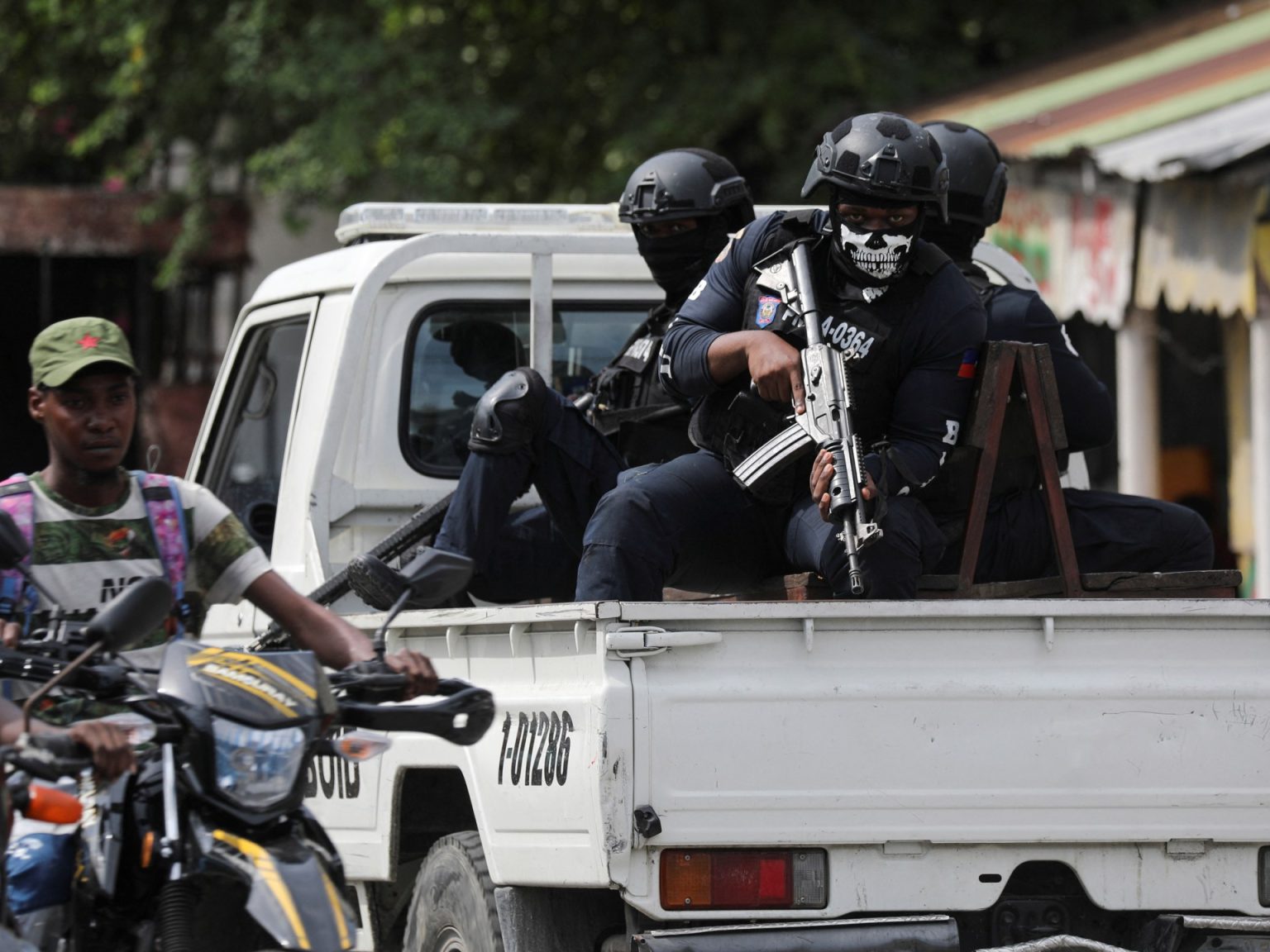An escalating gang war in Haiti resulted in 1,745 deaths or injuries between July and September, marking a more than 30 percent increase from the previous quarter according to a recent United Nations report. Law enforcement officials carried out at least 106 extrajudicial executions during this period, including six children aged 10 or younger. Gangs also kidnapped 170 individuals for ransom. The violence comes as a UN-backed security mission led by 400 Kenyan police has faced challenges in securing international funding and personnel. Calls for a UN peacekeeping mission to intervene have been growing as political tensions in Haiti complicate the transition process ahead of new elections in 2025.
The violence in Haiti has largely been fueled by gangs vying for power in the country, with a coalition known as Viv Ansamn controlling a significant portion of the capital, Port-au-Prince. Recent clashes in the La Saline shantytown and Cite Soleil slum have resulted in numerous casualties, including children. Gangs have also taken control of communities outside the capital, using extreme brutality to maintain authority. Cases of gang rape and other forms of sexual violence have been widespread, targeting women and girls as young as 10. The absence of a strong state presence has allowed gangs to assert control over various aspects of daily life, including policing and justice.
The UN reported that 1,223 people were killed and 522 were injured during the conflict between gangs and law enforcement, representing a 27 percent increase from the previous quarter. Haitian police were responsible for 669 casualties, with a quarter of the victims not linked to gang activities and caught in the crossfire. Concerns have been raised about the police’s disproportionate use of lethal force and extrajudicial executions, including those of children. The UN has called for police leadership to take action and investigate these allegations. The deepening humanitarian crisis in Haiti has displaced 700,000 people, exacerbating poverty and hunger in the country.
In recent months, gang violence has intensified as armed groups attempted to gain control over remaining areas of the capital. Attacks on foreign staff of the UN and US embassy disrupted diplomatic operations, further highlighting the security challenges facing the country. A deadly gang assault in central Haiti in October left almost 100 people dead, with survivors recounting harrowing experiences of fleeing for safety. The UN Security Council extended an arms embargo on Haiti due to concerns over the high levels of gang violence. International efforts to support police operations and enforce the embargo have been emphasized in order to address the worsening situation.
UN officials have expressed alarm at the deteriorating situation in Haiti, particularly the increase in sexual violence and the trafficking and forced recruitment of children by gangs. Urgent appeals have been made to the international community to provide support to the Kenyan-led security mission and enforce the arms embargo to combat the escalating violence. Efforts to control gang activities and strengthen security measures in Haiti are crucial to addressing the ongoing crisis and protecting vulnerable populations.


